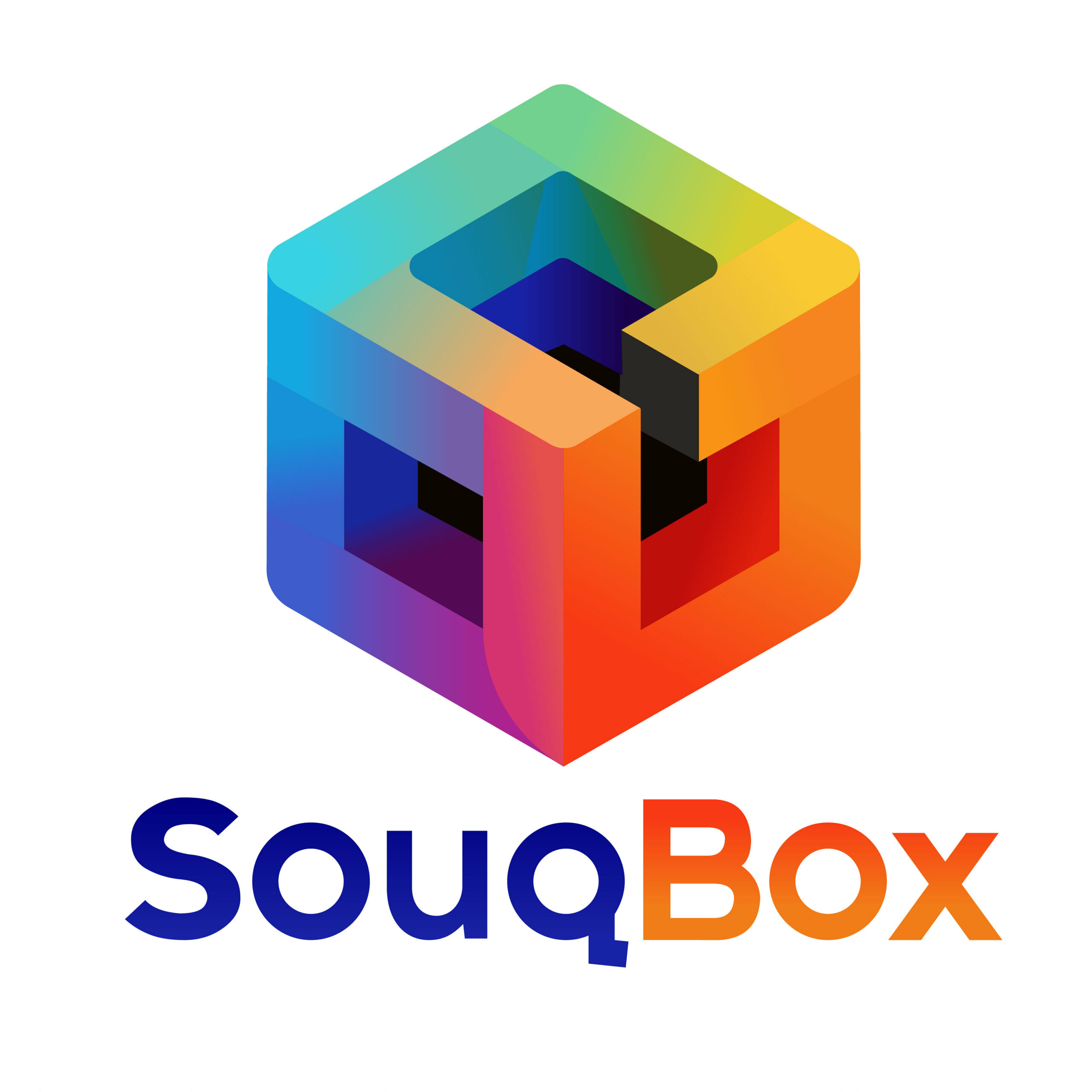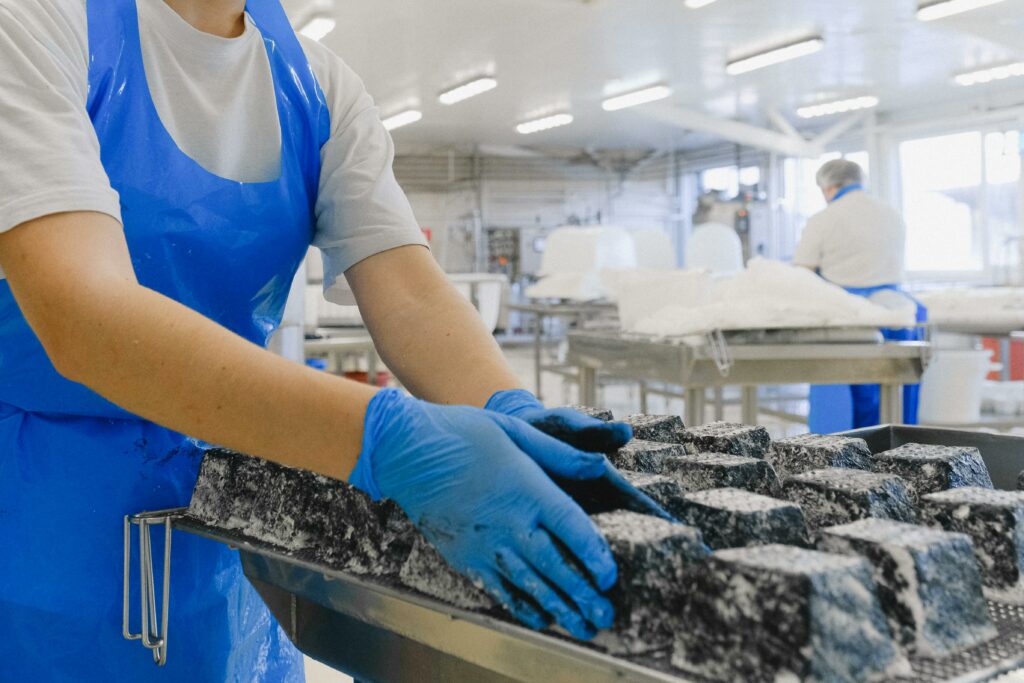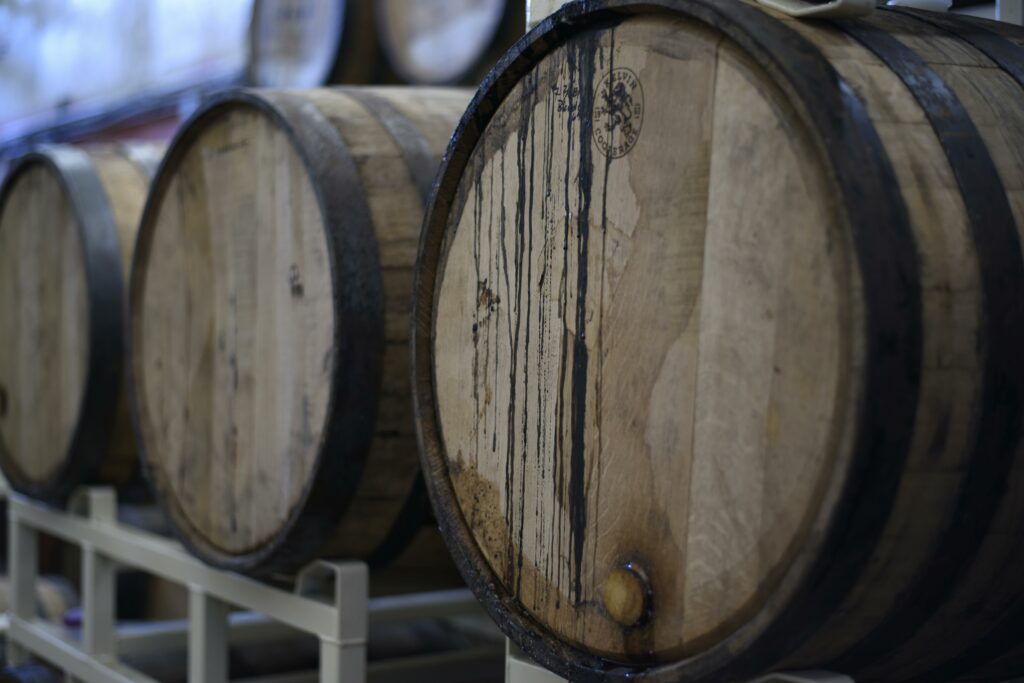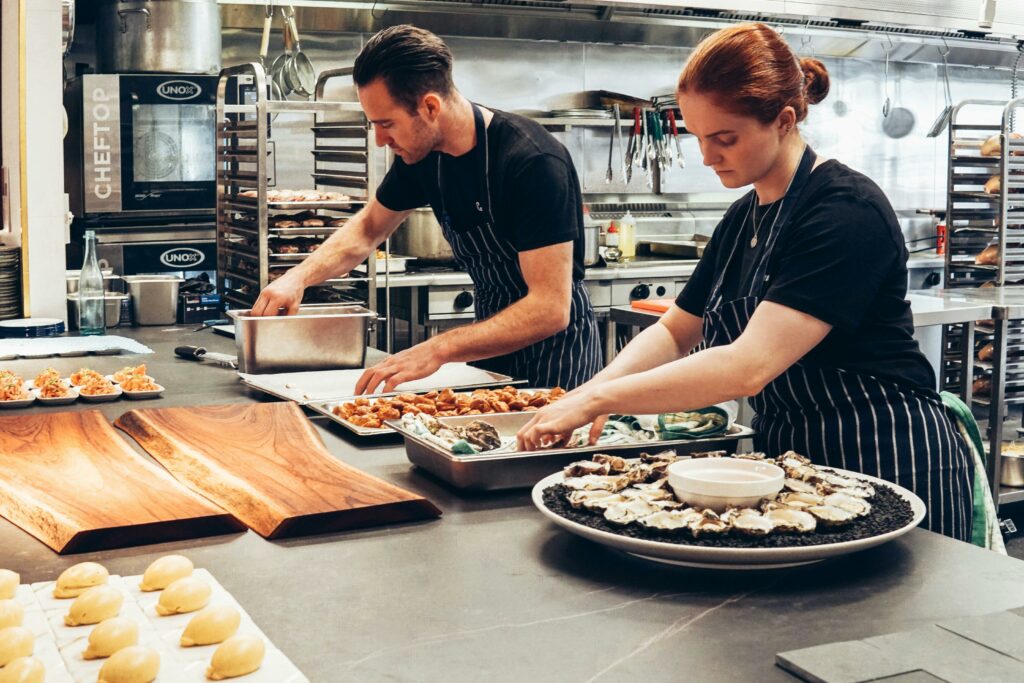The Digital Supply Chain Revolutionises Food Manufacturing
Digital transformation is a term that virtually every industry needs to consider today.
In a world dominated by smart technology, IoT, AI, and machine learning, if you’re not embracing the digital world, you’re falling behind the competition. In the food manufacturing industry, digitisation isn’t just about productivity and profitability – it’s crucial to gaining consumer trust and opening the door to future growth too.
The world populations quickly accelerating towards 9 billion, food manufacturers need to work harder to feed the planet and reach new communities. Fortunately, digitization and the rise of a more effective supply chain could be the key to future success.
The Digital Supply Chain: Why it’s Crucial for Modern Companies
Today’s consumers have higher demands when it comes to knowing where their food comes from and what it’s exposed to. The digital world empowers consumers to access, validate, and share information about products, and track elements of the supply chain from farm to fork.
This means that food manufacturers are dealing with customers making more discerning choices about what makes it into the grocery trolley. Studies show that around 55% of customers, for instance, would pay more from products they know came from sustainable companies.
In this new landscape, food companies of all sizes need to adapt. It’s not just the major manufacturers that can benefit from ERP tools, digitization, and transformation – but smaller brands too. The digitisation of the food and drink landscape allows organisations to:
- Scale at reduced cost
- Improve supply chain management
- Gain consumer trust
- Unlock new sales options (B2B self-serve)
- Visualise the full business operation journey
Digitisation and the Future of Food: Scaling at Reduced Cost
The future of food manufacturing will be focused on speed, safety, and visibility. The pivot to digital technologies helps to bring food companies into a new future, where they can align their supply chain to the needs of their consumers more effectively.
Although the potential of technology in food could be astronomical, with companies already investing in concepts like virtual food stores and grocery shopping experiences, transformation for most organisations will begin with a small step.
Digital supply chains allow food manufacturers to leverage data like never before. Around 87% of organisations currently have low business intelligence and analytics maturity. Yet, by adding technology into business processes, we can unlock data and drive better results.
For example, look at global producer, Döhler, from Germany. The company chose to invest in ERP technology (Enterprise Resource Planning) to build a competitive edge and drive supply chain efficiency. The technology also allowed the brand to achieve better transparency across operations and generate higher levels of customer satisfaction.
Following the implementation of its new tools, Döhler managed to achieve significant cost savings, higher CSAT scores, and improved supply chain monitoring, even during COVID-related shutdowns. It’s not just global companies that benefit either. Studies show that even small manufacturing plants accessing ERP and tech tools can reduce operating costs by around 11% on average.
Improving Supply Chain Management
Food and beverage companies are using the digital world to help identify previously unrecognised opportunities for growth. However, these companies can also leverage digital technology for additional benefits. For instance, the food and beverage landscape are currently among the most tightly regulated industries in the world, with numerous compliance issues to consider.
Implementing modern, digital approaches which allow teams to track the movement of produce and goods throughout the supply chain is critical to remaining compliant. Organisations can update and modernize their approaches to things like HACCP (Hazard Analysis and Critical Control Point) with access to ERP systems and digital tools.
Improving supply chain management from a compliance perspective not only improves the overall operations of a company. This strategy can also make it easier for consumers to trust the manufacturing groups they work with. In the modern age, companies can even use digital tools to track the supply chain of each company they buy from and build the perfect selection of suppliers according to the demands of their end-users.
Using Technology to Connect the Company
Tracking and tracing is among the most important of any aspects of food and beverage production. The transparency and visibility of a supply chain is critical for compliance purposes, but it can also help to drastically reduce inefficiency for any business.
Aside from ERP solutions, companies could use sensors and IoT technology to track the storage temperatures, and humidity levels of products in certain locations, reducing the risk of damage or waste. Cloud technology can provide access to a range of data points throughout the manufacturing and delivery environment, providing a more consistent, singular view of operations from inventory through to logistics. Around 74% of companies already say the cloud gives their company a competitive advantage.
ARYZTA, a company responsible for the buns of some of the world’s favourite fast-food sandwiches (McDonald’s burgers), uses cloud and digitized sales processes to help them effectively serve customers, track inventory demands, and keep sales teams connected. The company tracks everything from production levels through to customer satisfaction, giving the team the guidance, they need to keep delivering incredible results.
In the same environment, smaller businesses also have the opportunity to connect cloud-based systems to track more of their operations in a consistent, accurate environment. The better the visibility of the brand, the lower the risk of mistakes.
The Future of Food Manufacturing
Implementing ERP tools to manage suppliers, products, and processes or unlocking new forms of supply chain digitisation is just the first step for modern food and beverage companies. In the years to come, we’ll continue to see more companies experimenting with the possibilities of technology.
Sensor systems equipped with automation AI will detect when a storage facility is beginning to reach a dangerous temperature so that cooling strategies can be implemented instantly. Quality control will become more streamlined and efficient, reducing global waste.
Food and beverage manufacturers will begin to list their products alongside other market solutions on growing marketplaces, allowing companies to choose the items they need with complete visibility into the supply chain. Producers are expected to begin offering more products than ever before, and the supply of fresh foods will be better than ever, with digital help.
Souqbox can help you take the first steps to digitizing your food and beverage business. Reach out today to see how you can join the tech revolution.













